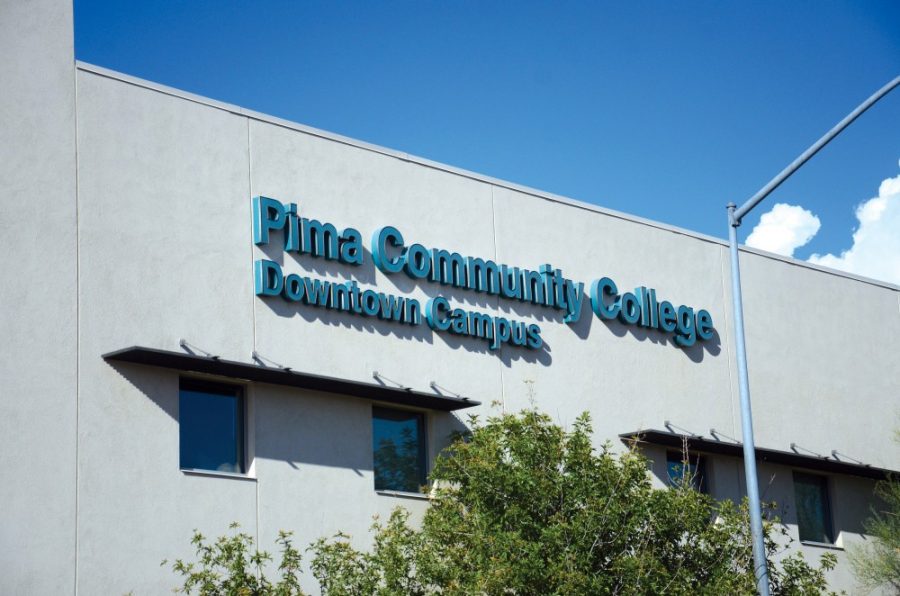In 2000, more than 1.2 million students received their undergraduate diploma. Ten years later that number was expected to rise 30 percent to about 1.6 million, and, according to the Census Bureau, this would triple the projected rate of population over the same period. Universities are always concerned with retention and the number of bachelor’s degrees their students graduate with—hell, we even pay out bonuses to our university president when a certain quantity of students graduate. Why, then, are we essentially forcing students to pay for their own professional development in the form of mandatory internships?
It goes without saying that an undergraduate degree is important in the job search. But nowadays, it does little to distinguish graduates. Rather, students must find other ways to make their resumes stand out or else risk ending up unemployed and thousands of dollars in debt.
A key way to stand out, then, has to do with internships, paid or unpaid. An internship is an unquestionably valuable experience. It can provide students with an idea of what work in their field looks like. Even if the work is nothing more than fetching coffee, it can allow for networking opportunities that will open doors later down the line.
The benefits are even quantifiable. Sixty-three percent of paid interns in the UA class of 2012 had at least one job offer at the time they graduated, whereas only 40 percent of those who did not intern anywhere had an offer.
Obviously, students who wish to be employable after they graduate should be considering internships. However, finding paid internships can be incredibly difficult, as many employers don’t want to “waste” money on a student who is unlikely to be trained or to stick with the company post-graduation.
This is where unpaid internships come in. The Department of Labor has certain requirements in order to qualify employers to offer unpaid internships. Perhaps the most important requirement is that the internship is beneficial to the student. Employers come up with a lot of different ways to meet that requirement. One of the most obvious is to allow students to get college credit for the work they do with a company.
Many schools have, in turn, noted the benefits of these internships and are working with companies to provide these internships for credit. The UA has a lot of different ways to get credit for internships—you can either get it through your department or through a general class with the Colleges of Letters, Arts and Science.
All of this is great so far. Colleges should provide career development opportunities. The issue, then, isn’t with offering internships for credit, but rather with requiring them for graduation.
Many different departments have this requirement. For example, some branches of political science require an internship, or require study abroad that can be substituted by an internship.
These required internships are problematic not because of their intent. Without a doubt, internships are valuable to the student. However, when departments make them part of graduation requirements, they are essentially forcing a student to pay for their own professional development.
If a student received three units of internship credit last summer—a highly convenient time for professional development—they would have paid over $1,300 for it. This is not always feasible financially. Merit scholarships do not transfer to summer session, and being in class takes away time that could be spent working to earn money.
Of course, even during the academic year, students are being forced to spend tuition money to enhance their career options. While these internships are ostensibly for their own benefit, students should never have to pay to work. That’s not beneficial. That’s taking advantage of someone who has no other option.
Rather, colleges, and the UA in particular, should consider subsidizing these career options. Students making a time commitment to an internship are often giving up other ways to earn money or time they could have spent on other units for graduation.
It’s unlikely that companies will start paying for these internships as long as they aren’t legally required to; it could go a long way toward helping a student’s career prospects if they were paid for their labor, rather than having to pay for it.
Follow Maddie Pickens on Twitter.








